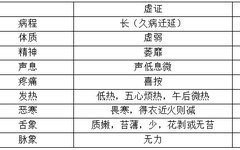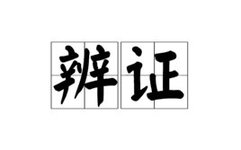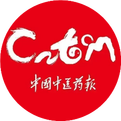Understanding the Seven Emotions in Traditional Chinese Medicine
According to the “Book of Rites: Li Yun”, it states: “What is human emotion? Joy, anger, sorrow, fear, love, hatred, and desire, these seven are innate and do not require learning.” This indicates that these seven emotions are inherent to every individual and can be expressed or experienced without formal education. The seven emotions refer … Read more








